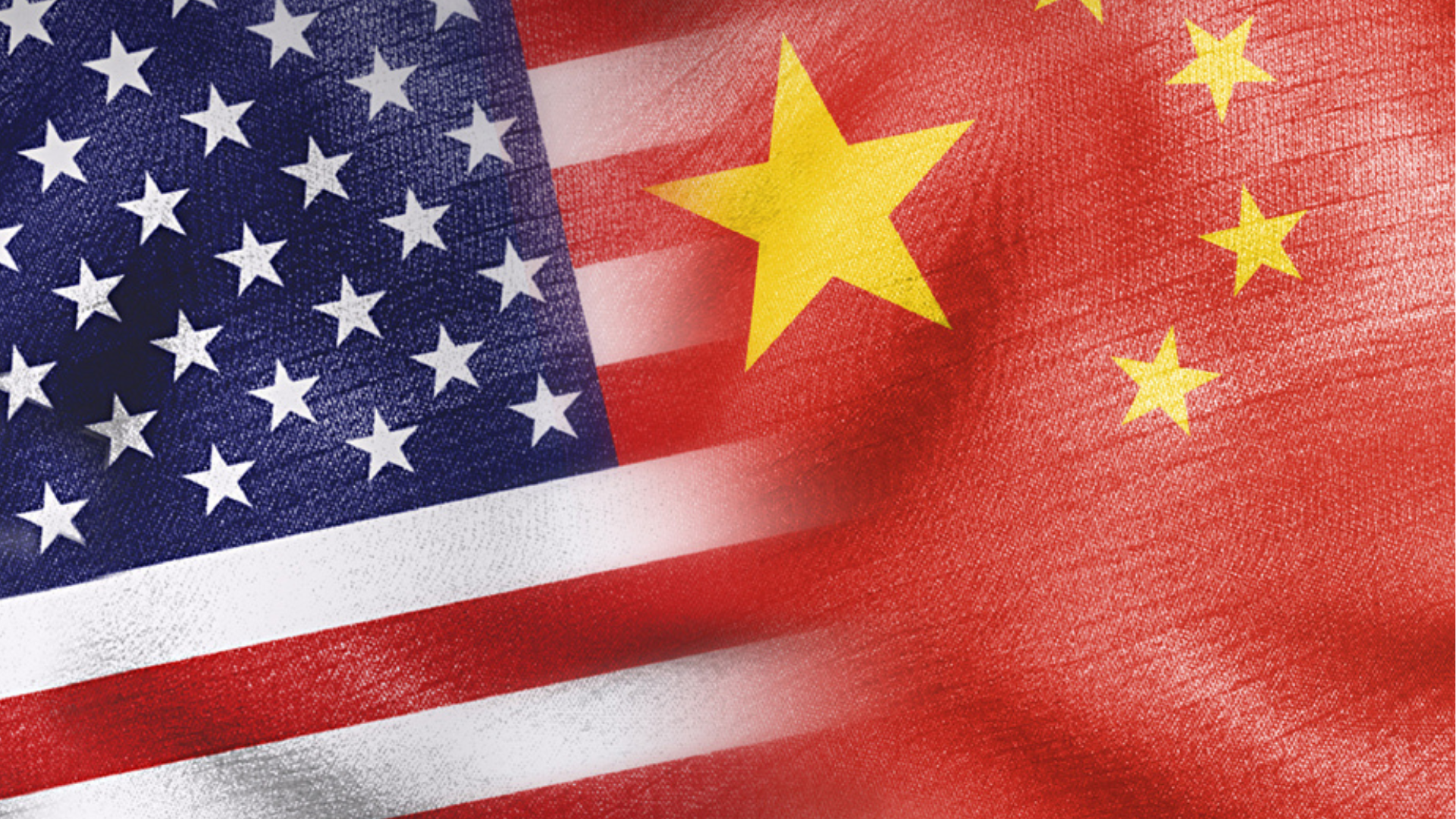Already a subscriber? Make sure to log into your account before viewing this content. You can access your account by hitting the “login” button on the top right corner. Still unable to see the content after signing in? Make sure your card on file is up-to-date.
China has accused the United States of violating its tariff pause after the US imposed new export restrictions on advanced chip technologies to Chinese tech firms.
Some shit you should know before you read: Last week, President Trump imposed a new set of restrictions aimed at curbing China’s access to advanced semiconductor technologies, including halting the sale of chip design software and restricting exports of AI chips to Chinese firms. These measures, implemented through updated export control guidelines, specifically target companies linked to China’s military or surveillance sectors, with the administration citing national security concerns as the primary justification. The Trump administration has long argued that such technologies could be repurposed for military use by the CCP. For China, the move threatens to hamper its domestic chip manufacturing ambitions, as the country still relies heavily on US-designed software and high-end semiconductors for its industries.

What’s going on now: In a notable development, China has publicly accused the United States of “seriously undermining” the recently signed Geneva trade truce. In a statement issued by China’s Ministry of Commerce, officials said the US had “unilaterally provoked new economic and trade frictions,” adding that these actions “seriously damage China’s legitimate rights and interests.” Beijing specifically cited Washington’s decision to halt exports of chip design software, impose new AI chip restrictions, issue warnings against using Chinese tech products, and revoke visas for Chinese students.
“Instead of reflecting on itself, it has turned the tables and unreasonably accused China of violating the consensus, which is seriously contrary to the facts,” the ministry said on June 2. Chinese officials stressed that they had held up their end of the Geneva deal, suspending or canceling both tariffs and non-tariff measures against US goods, while accusing the US of breaking the spirit of cooperation.
In contrast, the US has accused China of failing to eliminate non-tariff trade barriers, as agreed during the May Geneva talks. US Trade Representative Jamieson Greer noted that China has not taken meaningful steps to remove longstanding non-tariff restrictions that limit US business access in Chinese markets.
This all comes as White House Press Secretary Karoline Leavitt confirmed that President Trump and Chinese President Xi Jinping are expected to speak via phone later this week in an effort to de-escalate rising trade tensions.







